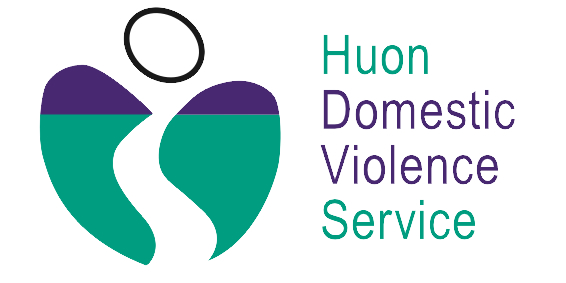Information for family and friends
If you know someone affected by domestic and family violence
Chances are someone you know – your neighbour, co-worker, friend, sister or mother is a victim of domestic and family violence.
The following are some signs that might alert you that someone you know may be affected by domestic and family violence:
- They may have bruises or injuries or she has frequent “accidents” for which she gives vague explanations. These “accidents” sometimes cause her to miss work.
- A partner controls activities, the family’s finances, the way a person dresses or contact with friends and family.
- The person frequently cancels plans at the last minute or seems afraid of making the partner angry.
- The partner ridicules the person publicly or you sense volatility in partner’s comments.
- The partner seems overly attentive, remains constantly by person’s side or is watchful about who they talk to.
- You notice changes in person or their children’s behaviour. They appear frightened or exhausted.
Perhaps you feel the problem will “work itself out”. Not so, domestic and family violence doesn’t usually end unless action is taken to stop it. But it can be hard to know what to do. People are often reluctant to discuss something so intimate and they’re afraid of intruding.
How you can help
For many women, friends and family are often the first people they talk to about domestic violence. It takes a lot of time, planning, help and courage to escape domestic violence. It is important for women to know that help is available from people who know and care about the situation.
Listen without judging
Tell your friend that you care and are willing to listen. If they are willing to talk, listen carefully and empathically in a safe place. Believe them. Never blame them for what’s happening or under estimate the fear of danger. Let them know that no one deserves to be abused, beaten or threatened.
Allow your friend to make their own decisions.
As you listen try to understand the many obstacles that prevent your friend from leaving. It’s usually very complex. Focus on supporting them to make their own decisions. If she is being abused then he is exercising a lot of control over her life Even if they leave and return, don’t withdraw your support.
Guide her to a specialist domestic violence support service.
Many people who have found freedom describe someone they knew (a neighbour, doctor, friend) offering support and referring them to a support service. Let them know they are not alone and that people are available to help. Assure her that they will keep information about her confidential. Many people first seek the advice of marriage counsellors, psychiatrists, church and others. Unfortunately, not all helping professionals are fully aware of the complexities of domestic violence and the safety issues she faces. If the first person she contacts is not helpful, encourage her to speak to the Huon Domestic Violence Service on 62642 222
Help make a safety plan.
Your friend may decide to remain in the violent relationship or return to the abuser after a temporary separation. Don’t pressure them to leave but let them know that you are afraid for them and their children and help your friend consider how dangerous the violence may be. Encourage them to keep a diary of what’s happening to them if it is safe to do so. Help your friend think about steps they can take if the partner becomes abusive again. Make a list of people to call in an emergency. Suggest she hides a suitcase of clothing, money, Centrelink cards, bank books, birth certificates and school records for future emergencies. Acknowledge that she may be in the most danger while she’s trying to leave. Ideally these documents and personal items need to be readily accessible in an emergency.
Help find a safe place.
Help your friend contact the Huon Domestic Violence Service. The staff can help explore options and assist with finding a safe place to go.
If you see an assault in progress, take action.
Call the police on triple zero (000). Don’t assume that someone else has done so. If you are in your car honk your horn until a group gathers, person stops assaulting or the police come. These situations can be dangerous so whatever you do be sure to keep yourself safe. But do take action. At the very least, watch them. Being a witness in a way that lets the perpetrator know that you see them may reduce their level of violence.
